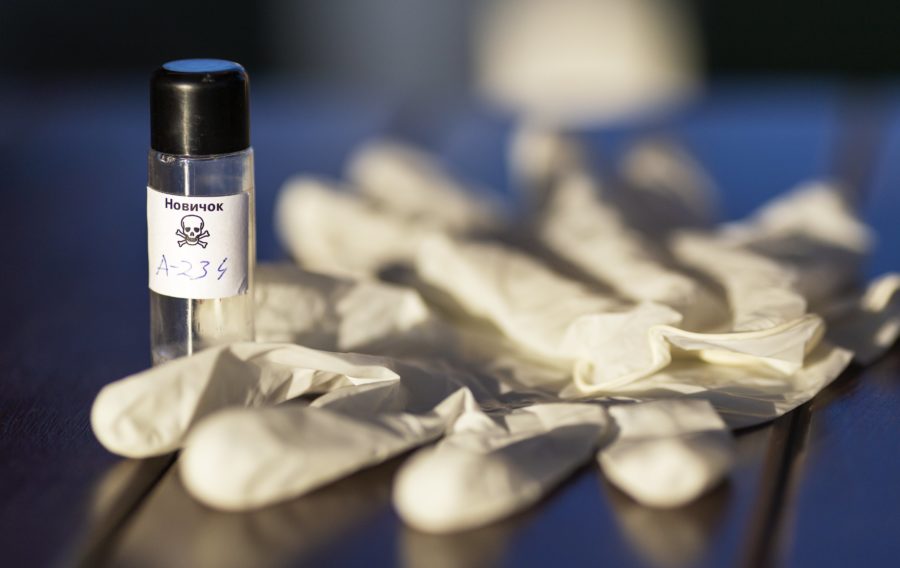
The UK Defence Minister committed to a chemical weapon ban at the international Chemical Weapon Demilitarisation conference.
At the conference, Defence Minister Lord Earl Howe commended the vital work of scientific and technical experts to maintain the chemical weapon ban while acknowledging events of the past year, including the chemical weapon attacks in Salisbury and Syria. The Conference has been held every year since 1997, when the Chemical Weapons Convention entered into force, banning chemical weapons and requiring states to destroy any existing stockpiles.
The Convention has succeeded in achieving the destruction of over 96% of the world’s declared chemical weapon stocks – amounting to some 70,000 tonnes of chemical weapon agent and millions of bombs, rocket warheads and artillery shells. Following the attacks in Salisbury and Syria the UK collaborated on securing agreement that the Hague-based Organisation for the Prohibition of Chemical Weapons, the international body which implements the Chemical Weapons Convention, should take steps to identify those responsible for the use of chemical weapons in Syria, so that the international community could hold them to account.
Defence Minister Lord Howe said: “The use of chemical weapons in Salisbury, here in the UK, and in Syria shows that there is still much to do before we reach our goal. In an increasingly dangerous world, the international community cannot allow the use of chemical weapons to become accepted as ‘normal’ and it is important that states take action when required.”
“The UK is determined to uphold the international norm against the use of chemical weapons. We remain firm in our resolve to respond appropriately to any use of chemical weapons by the Assad regime.”
“Over the past year the UK has successfully worked with our international partners across the world to strengthen the Chemical Weapons Convention: we have agreed measures to identify those responsible for using chemical weapons in Syria and elsewhere so that we can hold them to account. This is a complex but crucial task.”
The conference was also attended by Ambassador Fernando Arias, Chief Executive of Dstl Gary Aitkenhead, and Alan Schaffer from the US DOD. The Conference allows experts from all over the world to discuss their progress and co-operation in eliminating chemical weapons, and the technical challenges that remain, and to share experiences and lessons.
If you would like to join our community and read more articles like this then please click here.
che chemical weapons Chemical Weapons Convention Dstl Earl Howe Salisbury Syria








